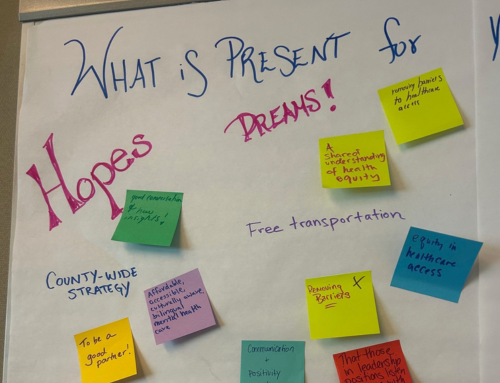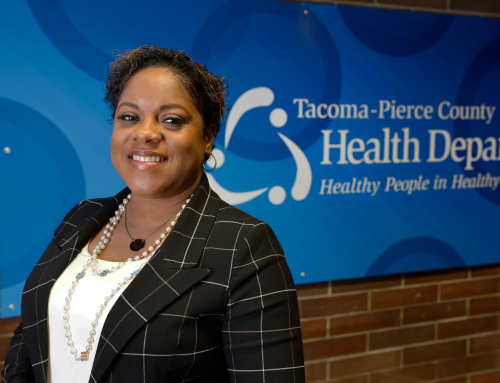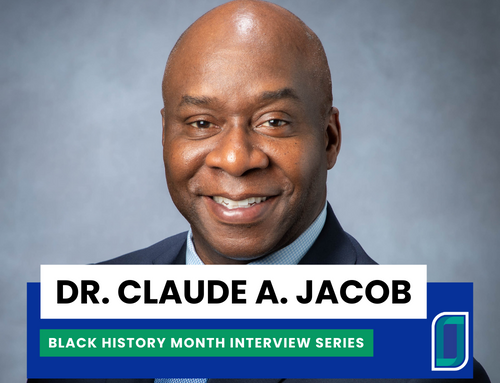In the ever-evolving landscape of public health, the need for transformation has become more critical than ever. The challenges we face demand a fresh perspective, innovative solutions, and a collective effort to ensure the health and well-being of all communities. Public health transformation is not just a desire but a necessity to address today’s complex health issues and prepare for the future.
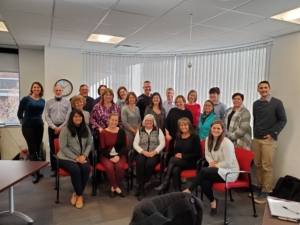 Leading the charge in this transformative movement is the 21st Century Learning Community (21C), a nationwide network of nearly 20 states initiated by the PHAB Center for Innovation. The 21C community is at the forefront of reshaping and transforming public health systems.
Leading the charge in this transformative movement is the 21st Century Learning Community (21C), a nationwide network of nearly 20 states initiated by the PHAB Center for Innovation. The 21C community is at the forefront of reshaping and transforming public health systems.
Reena Chudgar, PHAB Director of Public Health Systems and Services, believes real change begins at the local level and involves changing how we talk about public health, which includes the importance of building connections as the 21C community does.
“While every city may be different, there are common steps that can be taken toward public health transformation,” Chudgar said.
For example, North Carolina has a Community Health Worker initiative across all 100 counties, as well as a public-private partnership with community-based organizations, to reach underserved populations. The state also recruits external advisors from historically marginalized populations to contribute to the State Health Improvement Plan and Healthy North Carolina 2030 goals.
The 21C community exemplifies the power of connecting diverse entities to work collaboratively toward common goals, transcending city boundaries and emphasizing the shared steps that can be taken toward public health transformation. This goal is accomplished through virtual meetings to share knowledge, learn from each other, and build the knowledge base across the field. Additionally, in-person meetings provide a chance to build even stronger connections.
“21C is a movement – and I hope this movement can continue to bring about true systems change so that public health is best at meeting the needs of all people in all communities,” she said.
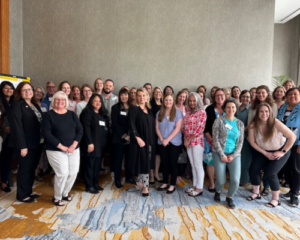
Chudgar says public health transformation is about building the right public health system to meet current and future needs, including developing a vision, understanding the current landscape, and addressing gaps. It also means both incremental and radical change, recognizing innovation as critical to designing this future-focused public health.
21C states offer practical examples of what each transformation building block could look like:
- The Washington Department of Health’s Transformational Plan: A Vision for Health in Washington State offers a vision for the state to honor its commitment to health for all by creating policies and conditions so everyone can live their healthiest lives.
- Wisconsin is taking a statewide approach to understand its current public health landscape by completing the Foundational Public Health Services Capacity and Cost Assessment.
- Massachusetts is addressing gaps in service delivery capacities of local public health departments by providing support for service sharing arrangements.
These steps are part of strategies to strengthen the public health infrastructure.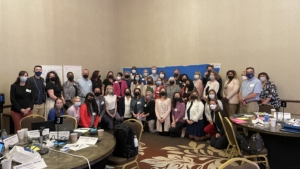
A central theme in the journey of public health transformation is looking across state systems and sectors to drive change. Chudgar challenges the traditional siloed approach of public health departments, advocating for collaboration and knowledge sharing, as demonstrated by 21C. The collective approach helps health departments build a robust, resilient public health system that can safeguard their communities.
“It requires thinking differently, outside the current ‘box’ of our current system. It requires thinking about what the future could look like versus how to fix issues within our current system,” Chudgar said.
As states continue to find different ways to promote and champion public health transformation, Chudgar advises them to consider pursuing accreditation by PHAB. National public health recognition demonstrates a commitment to meeting high standards and enhancing the overall quality of public health. It is a clear step toward a healthier future for all.
“Innovation and accreditation are tools for transformation,” said Chudgar.
